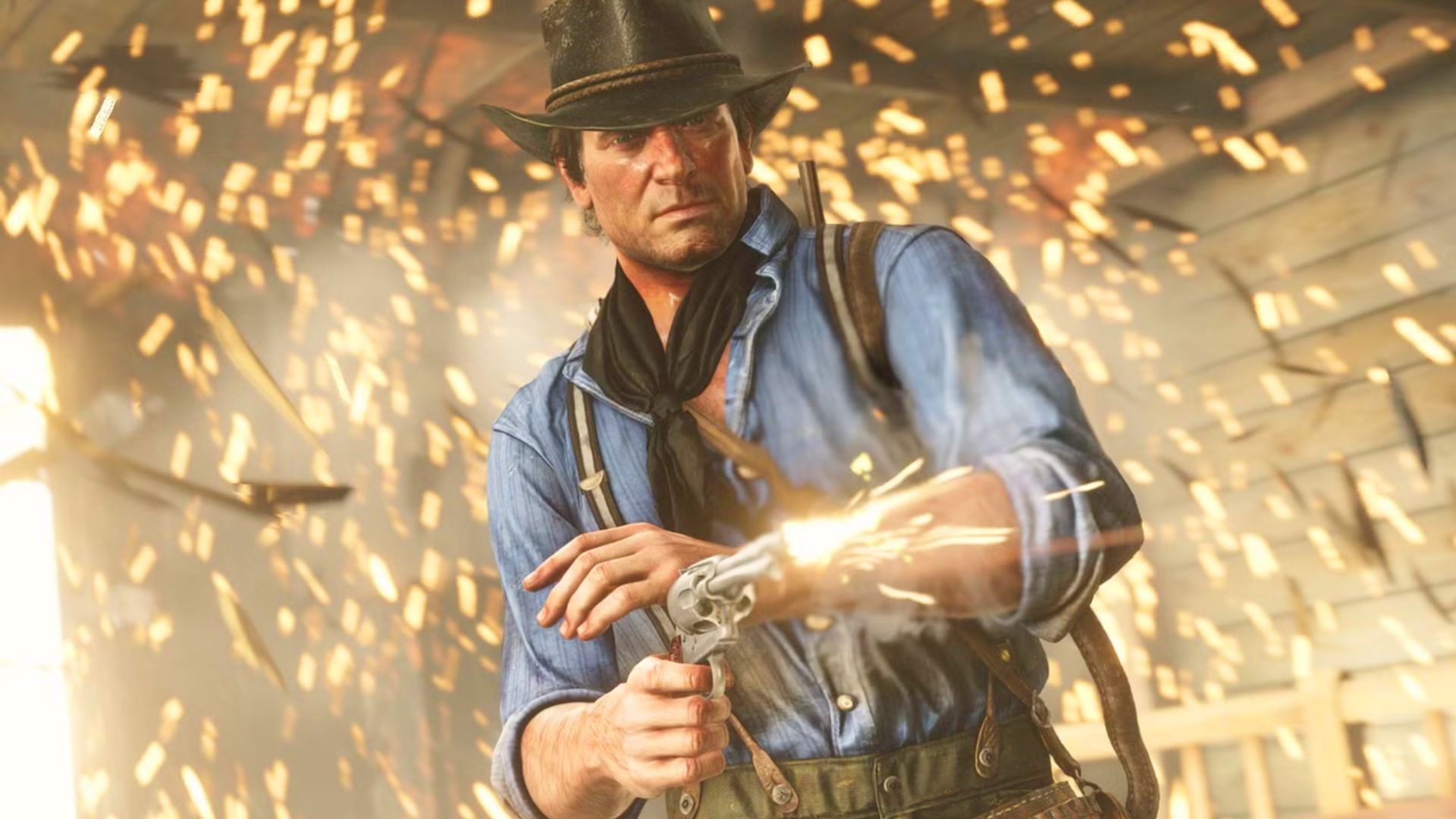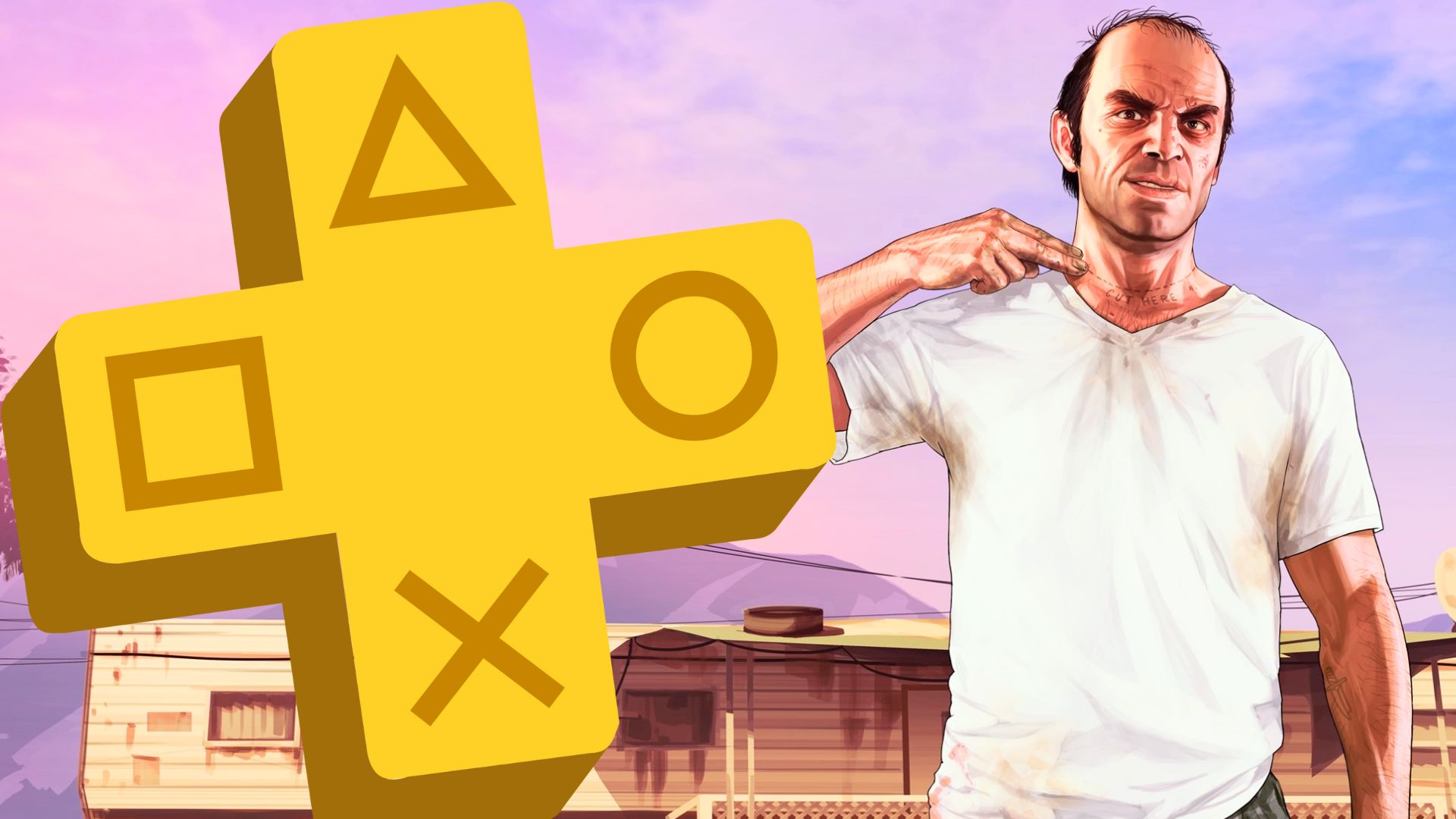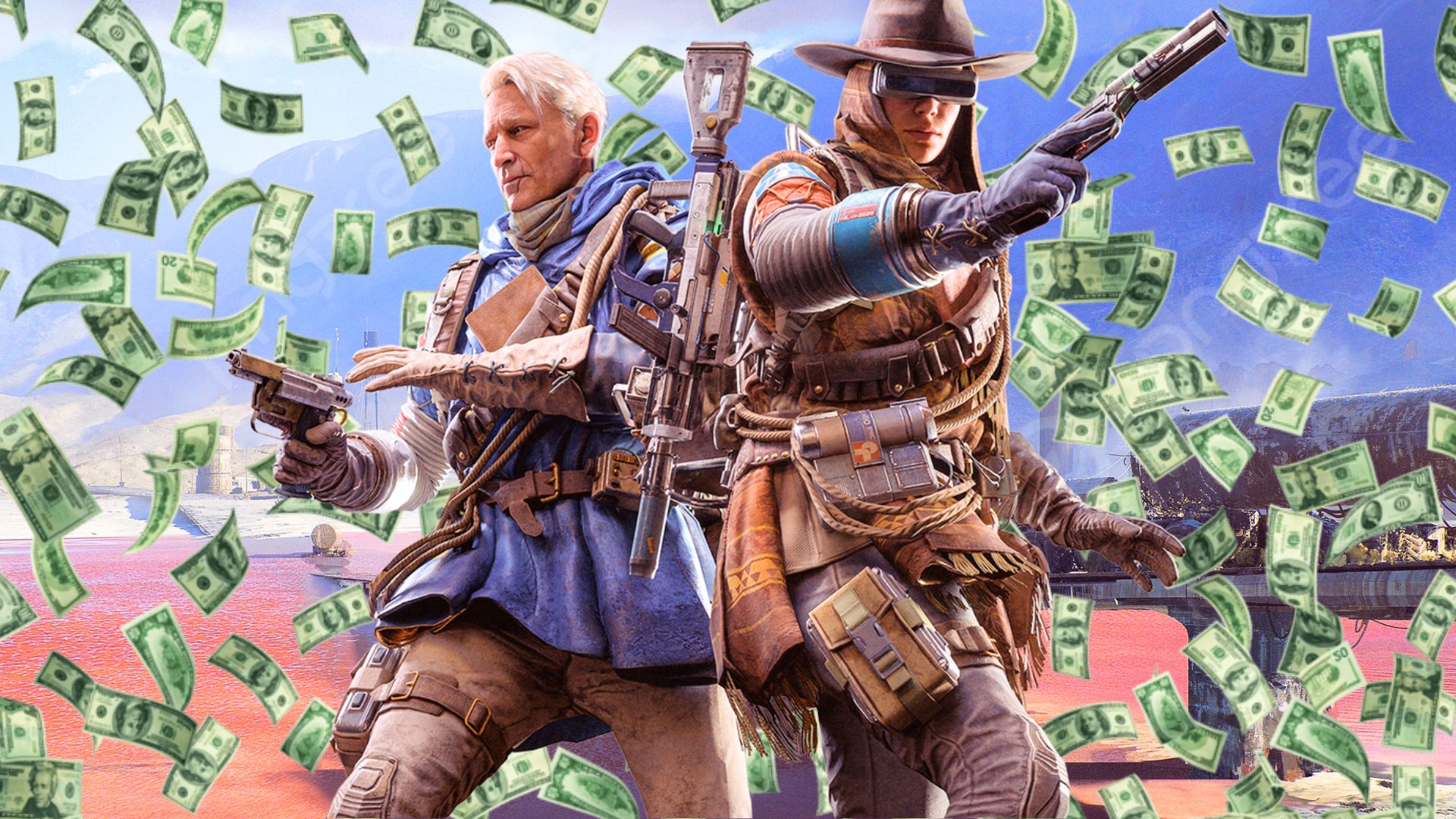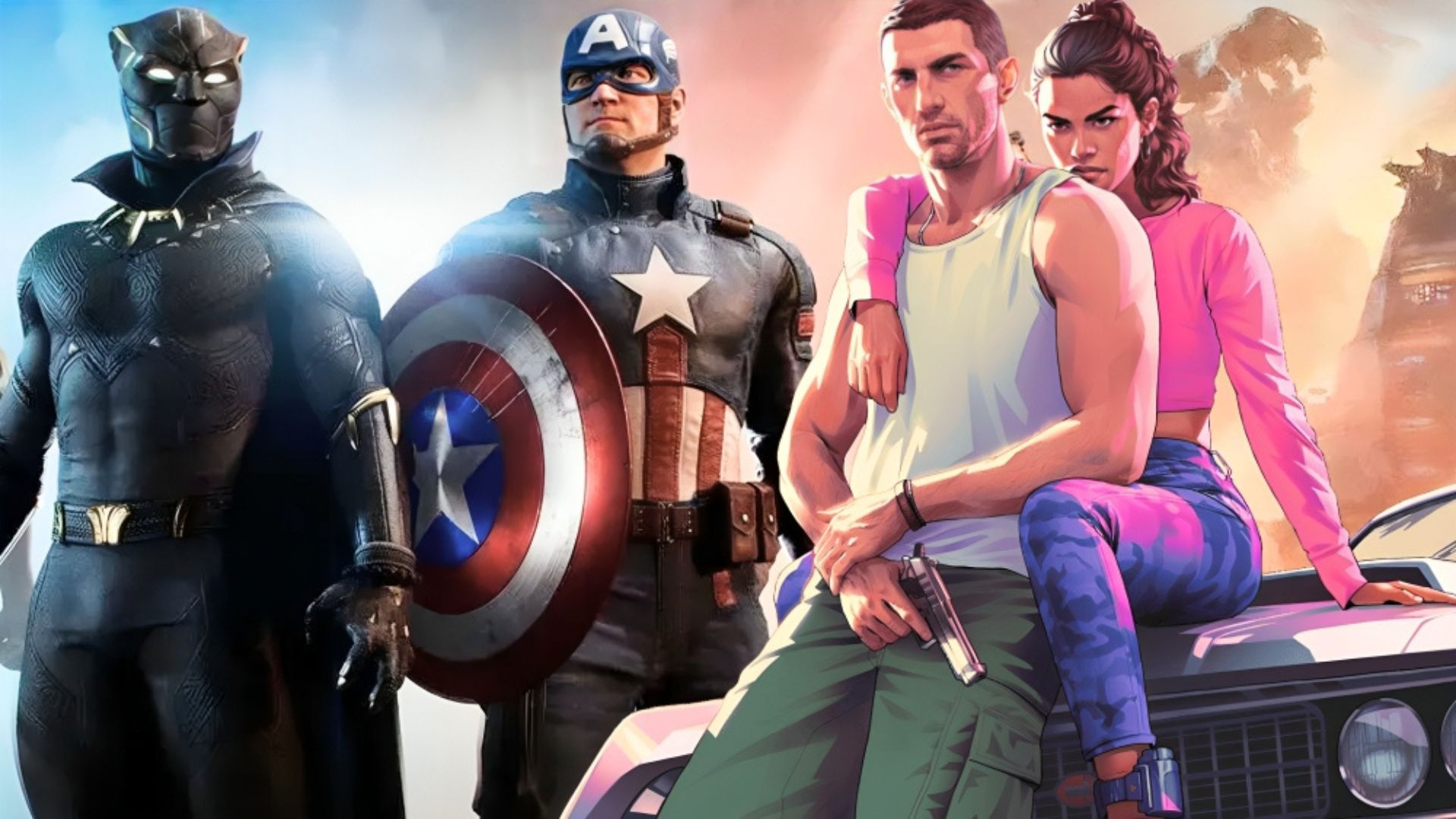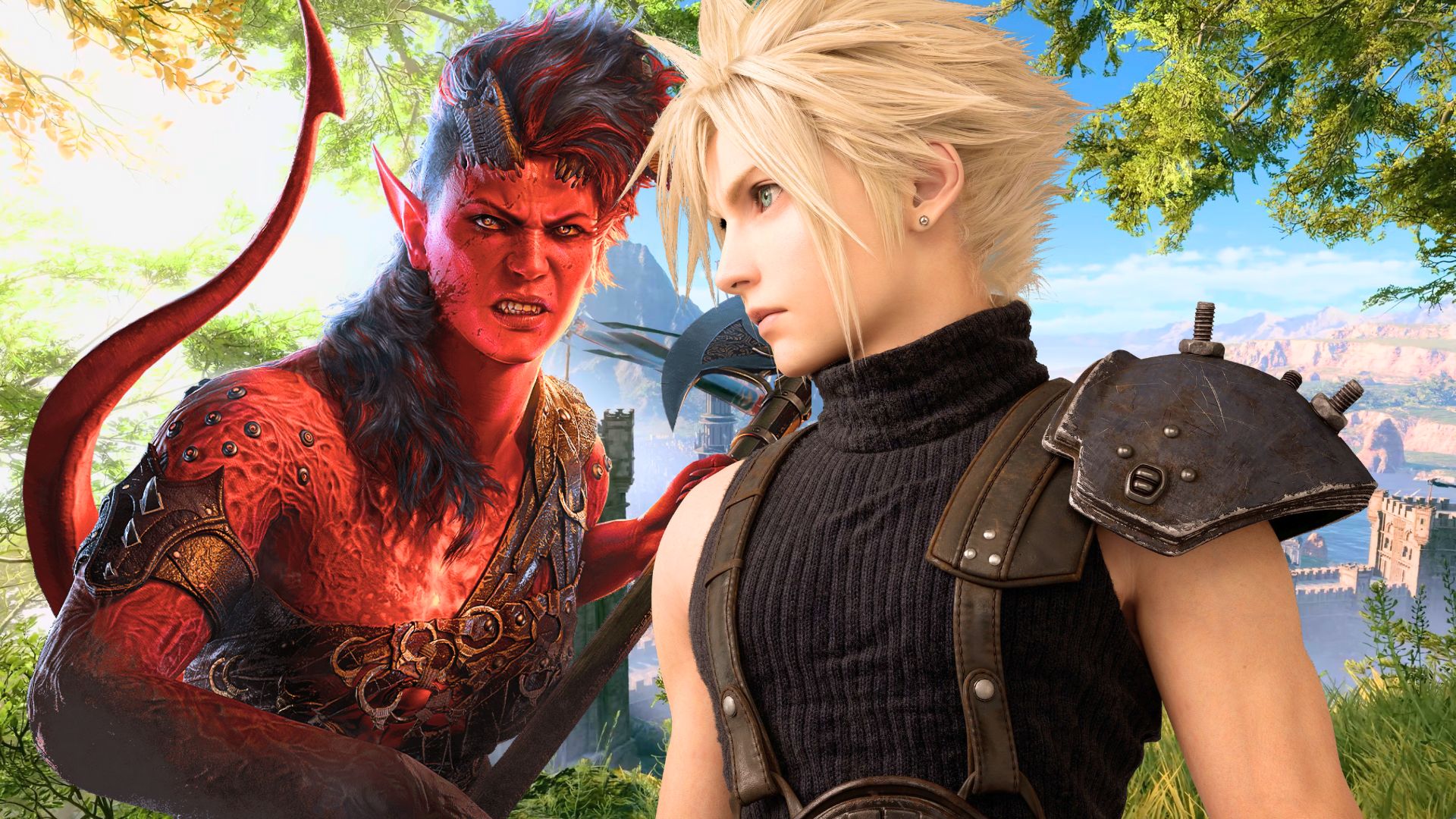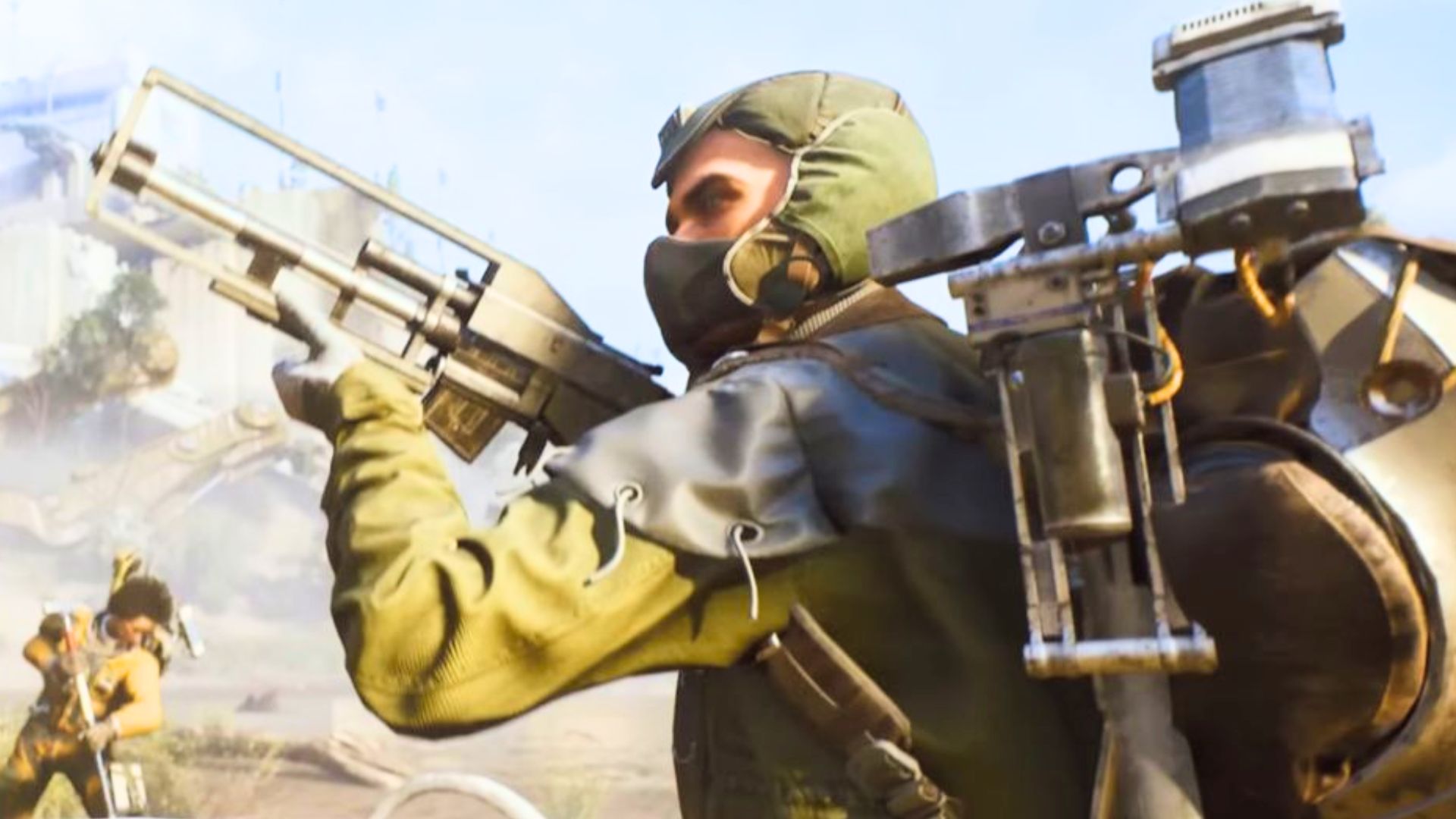You can trust VideoGamer. Our team of gaming experts spend hours testing and reviewing the latest games, to ensure you're reading the most comprehensive guide possible. Rest assured, all imagery and advice is unique and original. Check out how we test and review games here
Rockstar’s decision today to delay the release of Grand Theft Auto VI could cost the developer $500,000, according to gaming finance expert Professor Rob Wilson.
In an exclusive interview with Videogamer.com, Professor Wilson explained why the setback could ultimately push the total budget of GTA VI toward the $3bn mark.
This in turn could create more pressure on Rockstar and their publisher, Take Two Interactive, to pass the costs on to their customers with a $100 price tag.
However, according to Professor Wilson, who is Director of Executive Education at the University Campus of Football Business in London, such a price hike could also hurt Rockstar and GTA VI given the inevitable player revolt that would follow.
In a wide-ranging interview, Professor Wilson also gave his views on the impact that the recent decisions to put Warner Bros Discovery up for sale could have on WB Games, and how much Square Enix’s decision to replace humans with AI could ultimately cost them.
Read the full interview below:
How much could the GTA VI delay cost Rockstar in added costs and loss of months of revenues?
“The six-month slip is extremely expensive in real cash terms.
“Taking the midpoint of additional vendor surge, QA and certification, art polishing and rebooking marketing you are now $350m or so deeper into the budget. Then add the time value hit where the most front-loaded cash event in this industry now falls six months later. Put that together and this can easily be a $500m equivalent swing.
“However, Rockstar historically optimises itself on reputation which compounds over decades rather than quarters. They fully understand that releasing imperfect three months early would permanently destroy more value than this half billion cost to delay.”
Does the delay and increased costs increase the pressure to make GTA VI a $100 game?
“Yes. This materially increases the incentive curve to find a new price ceiling. But breaking the $100 psychological barrier risks consumer revolt, political scrutiny, and sets a precedent platform holders may not even want.
“It’s more likely that they move the price ceiling up through a mix of premium editions, collectors tiers, digital add-on bundles and the like. This lets them recapture margin scarily efficiently without setting a permanent anchor that becomes a hostage to fortune for every gaming franchise.”
What’s happening with Warner Bros Discovery?
“Warner Bros Discovery is in a crucial period where it is actively reviewing strategic alternatives to maximise shareholder value, with options ranging from a full sale, a partial sale, or pushing ahead with the planned split of the business into two separate entities.
“If they split, one side will be focused on streaming and studio content (the part of the business driving growth) and the other focused on the declining linear networks side, which continues to be structurally challenged by falling advertising revenues.
“Recent quarterly results underline the contrasting perspective. Overall revenues have dipped, advertising is sliding, and the company posted a net loss driven by amortisation and restructuring costs, but its adjusted EBITDA remains strong, and the studios and streaming engine is performing with material growth upside.
“This combination has attracted attention from potential bidders including Comcast, Netflix, Amazon and Paramount Skydance, with reports suggesting a decision on a sale vs split could come before Christmas 2025, ahead of a potential mid-2026 structural separation.
“The valuation question now revolves around what premium an acquirer would pay for the growth assets and how investors discount the legacy parts of the portfolio. In short, WBD is now a live thesis around unlocking trapped value, with its IP library, streaming trajectory and sports and media rights portfolio forming the core attraction, while the legacy linear business remains the drag that must be dealt with one way or another.”
Are they really considering a sale?
“Yes. There is now a genuine and real strategic option to sell. The old-style legacy linear economics are collapsing faster than the capital structure can tolerate and the equity does not have the ability to organically deliver at the pace required.
“Splitting studios and networks and running competitive tension between multiple buyers is economically sensible, in my opinion.
“WB Games is the cleanest, highest margin, high multiple asset and could fetch low-teens billions if DC and Wizarding World rights are carved, easily assigned, and cleanly documented. That structural legal choice is the difference between private equity underwriting this at scale and everyone walking away.”
How much could Square Enix be trying to save in costs by switching QA to AI?
“If Square Enix genuinely gets to 70% automation a $20m–$50m annual saving becomes highly likely.
“This would be the single highest ROI optimisation lever in the entire cost stack because it squeezes the most labour intensive function without cutting narrative design, art ambition or engine investment. It is cost optimisation without the cheapening of the brand. I’d say that is also why Japanese capital markets would reward this, if they execute cleanly and stage it properly through 2027.”
What are the potential costs to Square Enix should this plan go wrong?
“If this goes wrong, the cost to Square Enix could be huge.
“What starts as a cost-saving exercise could destroy value instead. If AI misses bugs that then show up when millions of players get hold of the game, Square Enix would likely have to pay emergency external QA partners, re-submit builds for platform approval, deal with refunds, handle a wave of negative reviews, bring discounts forward, and potentially delay future releases.
“In the worst-case scenario this could easily burn through $50m within days. QA is basically an insurance policy which looks expensive until the moment it fails, and then it becomes one of the most expensive mistakes a publisher can make.”

